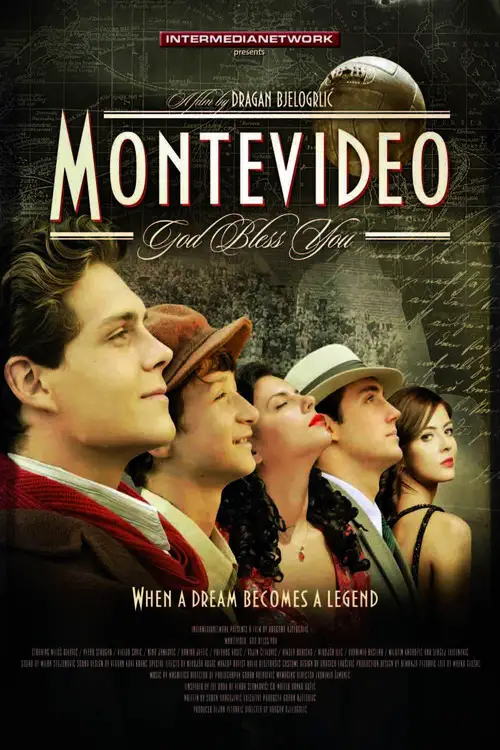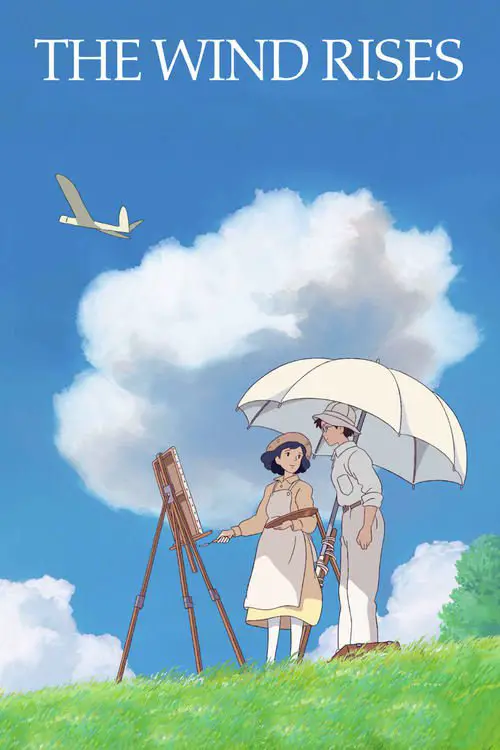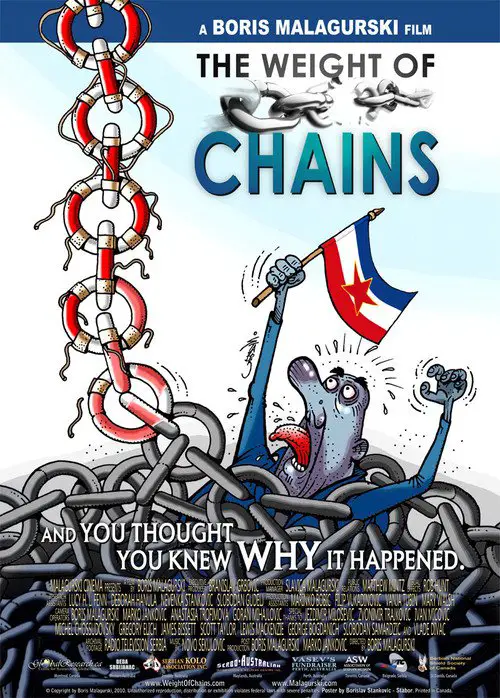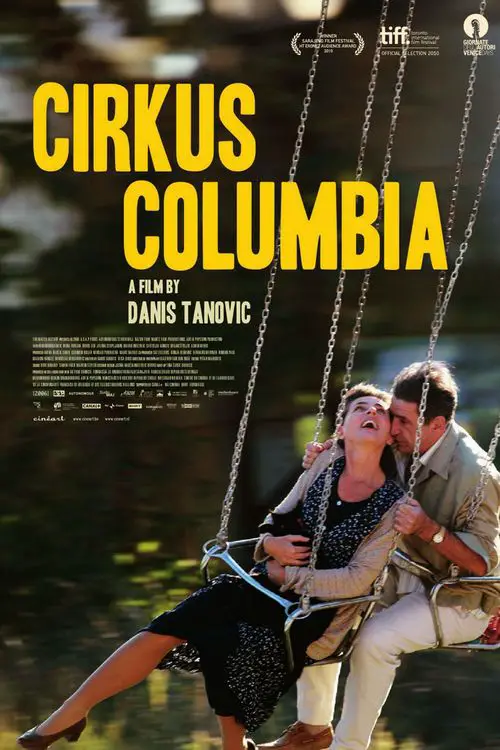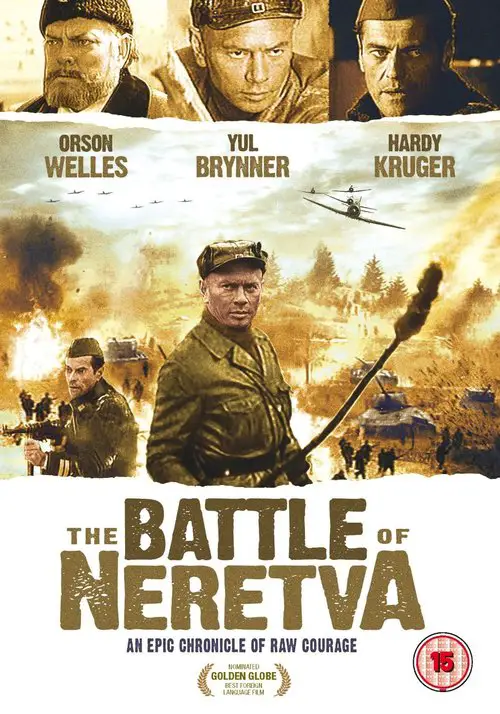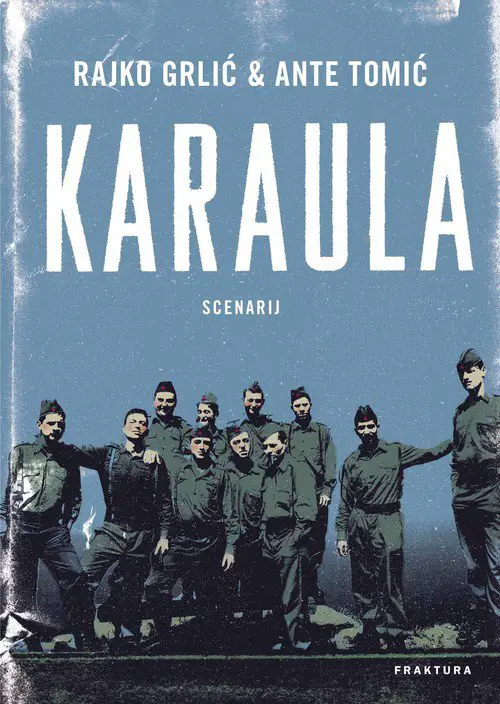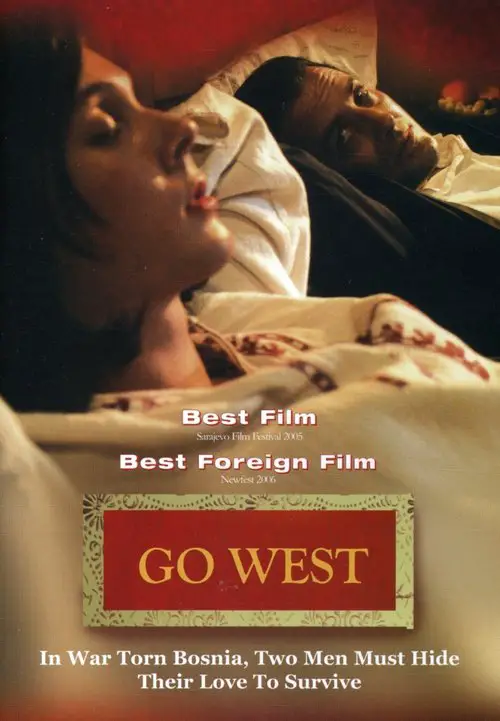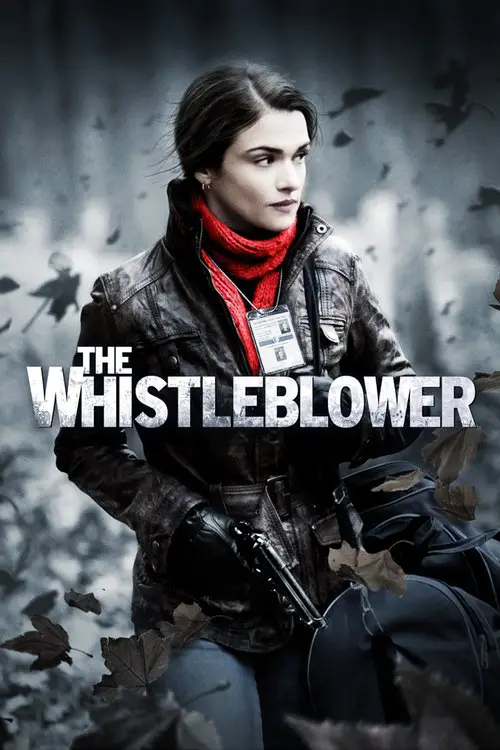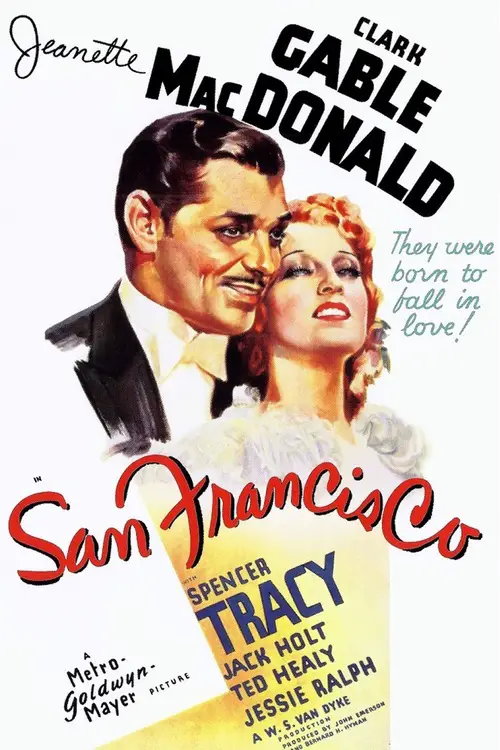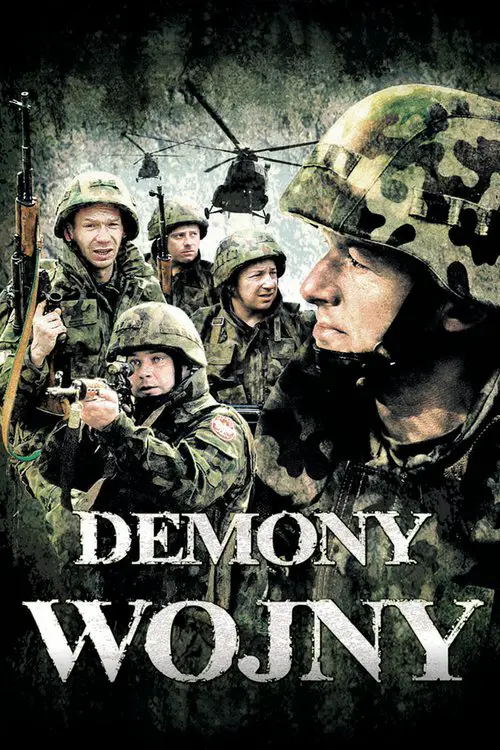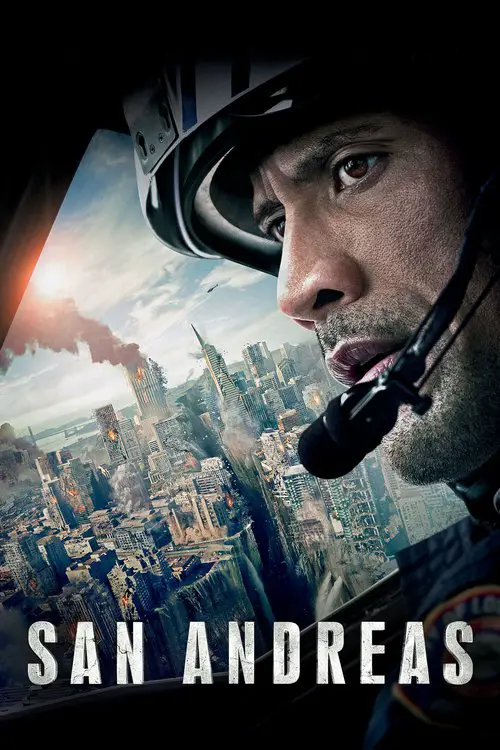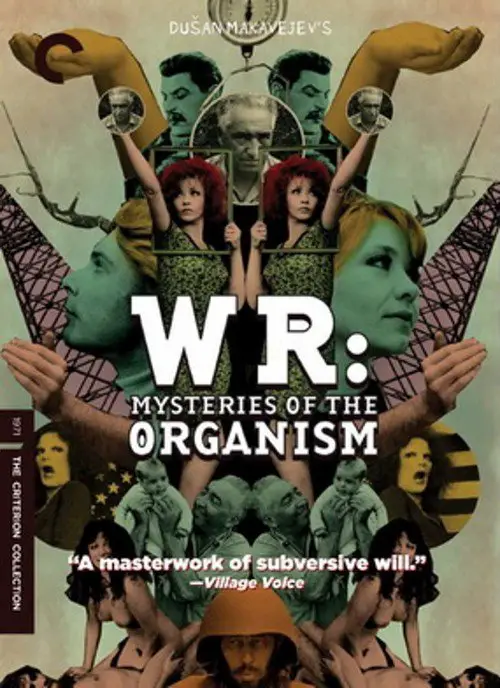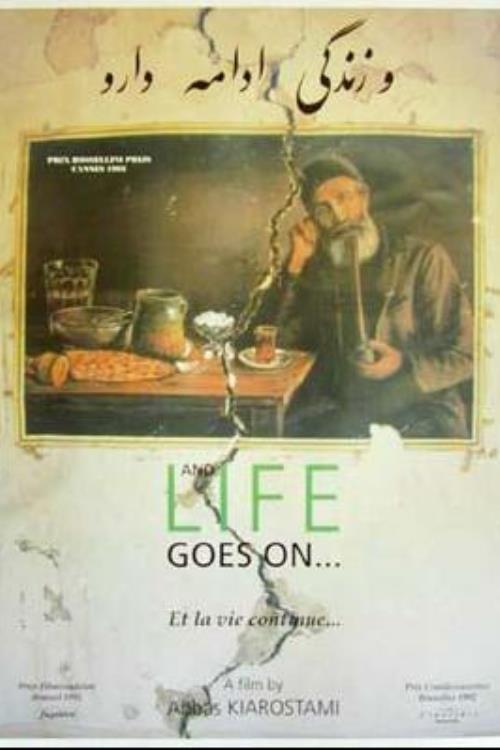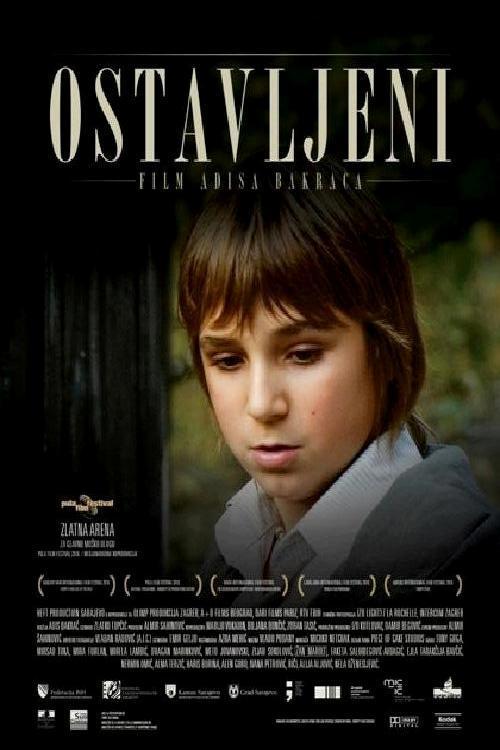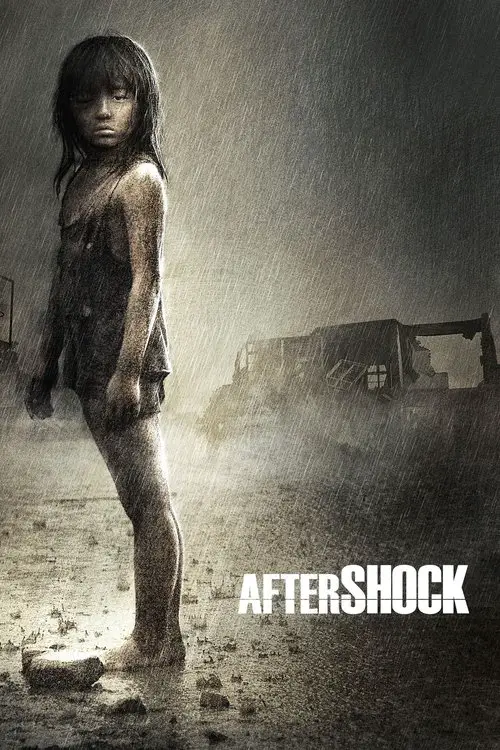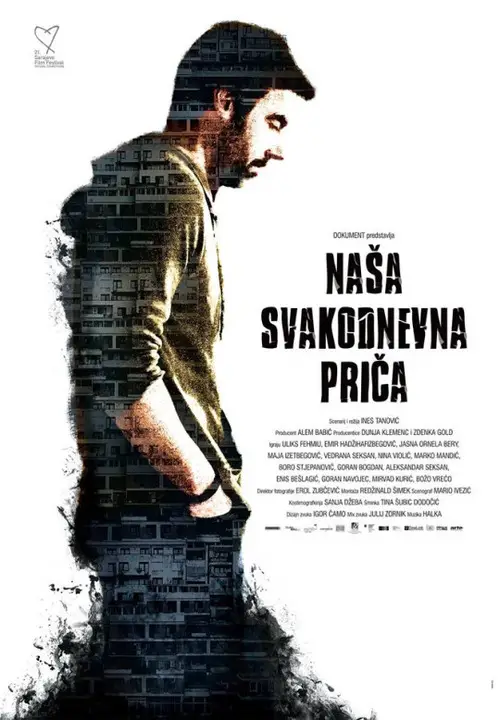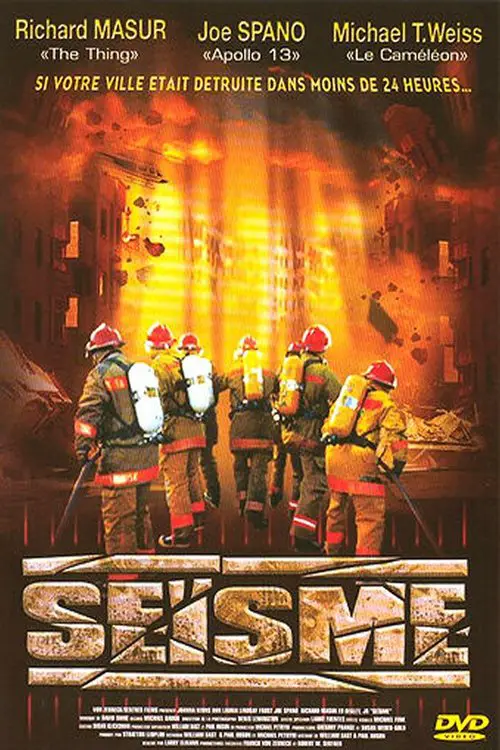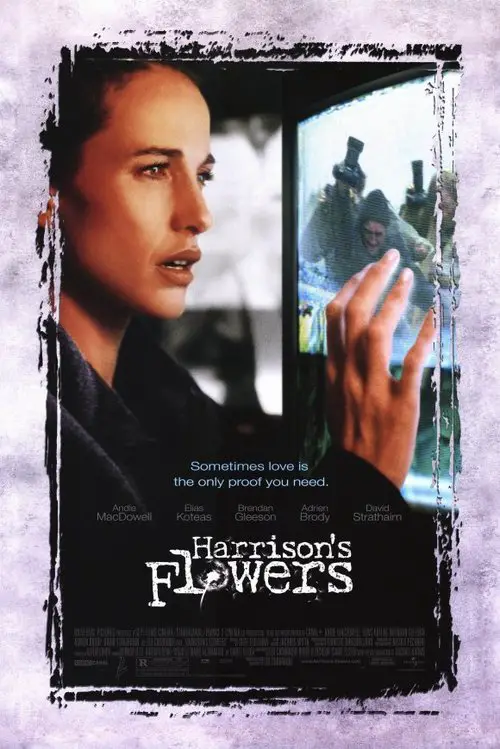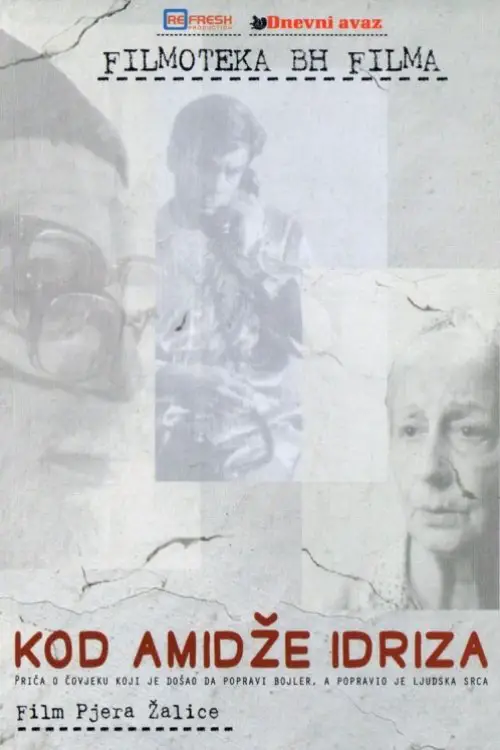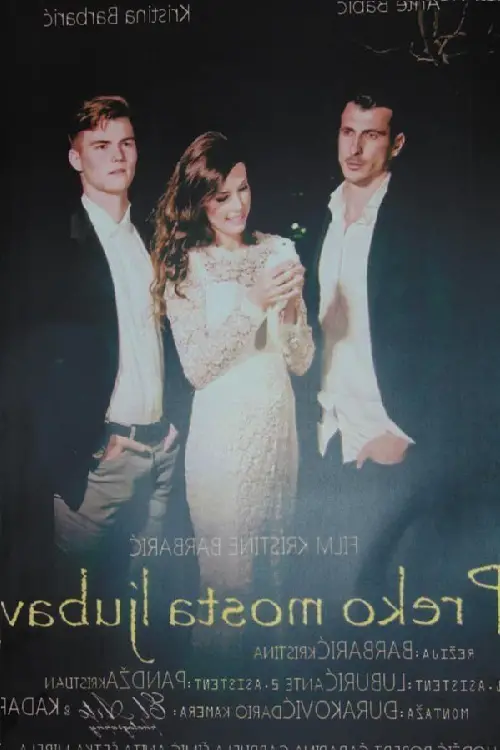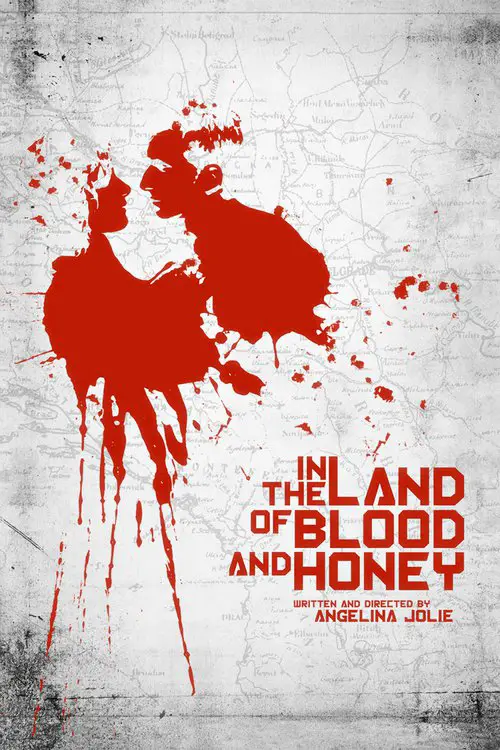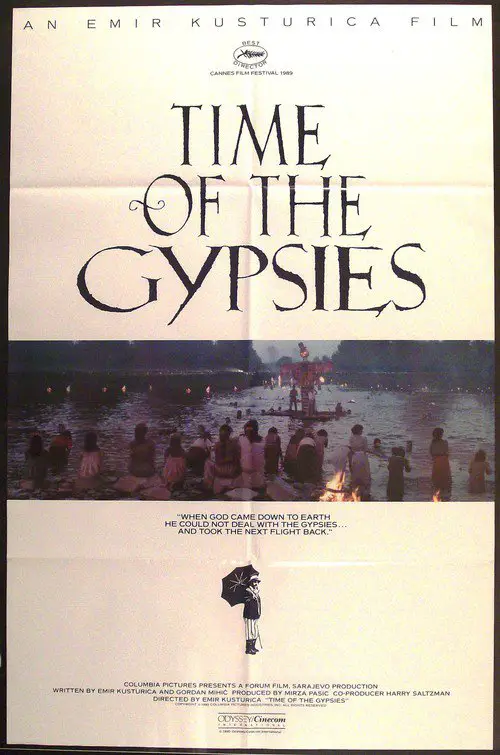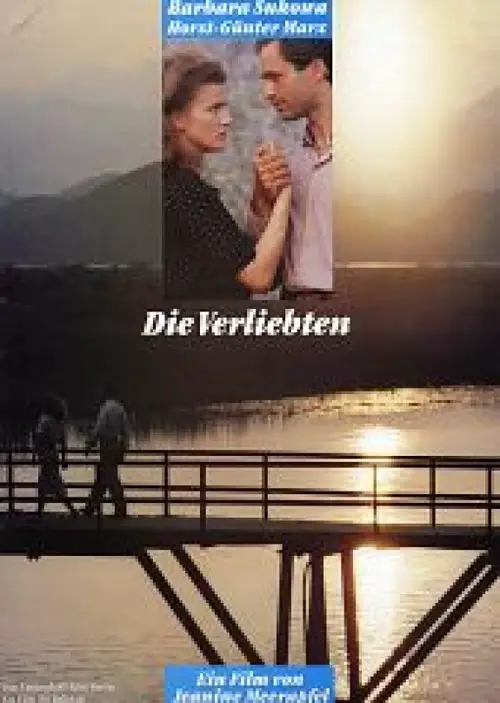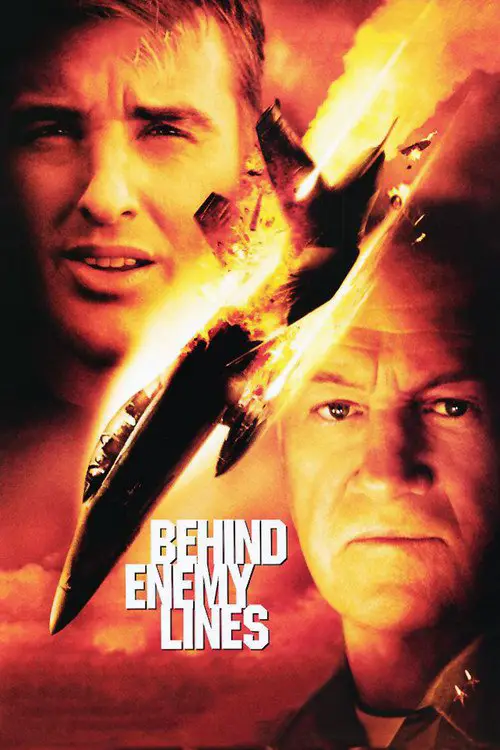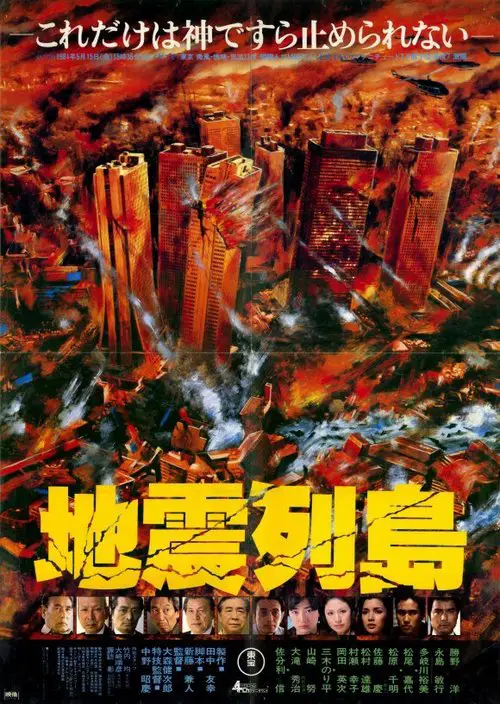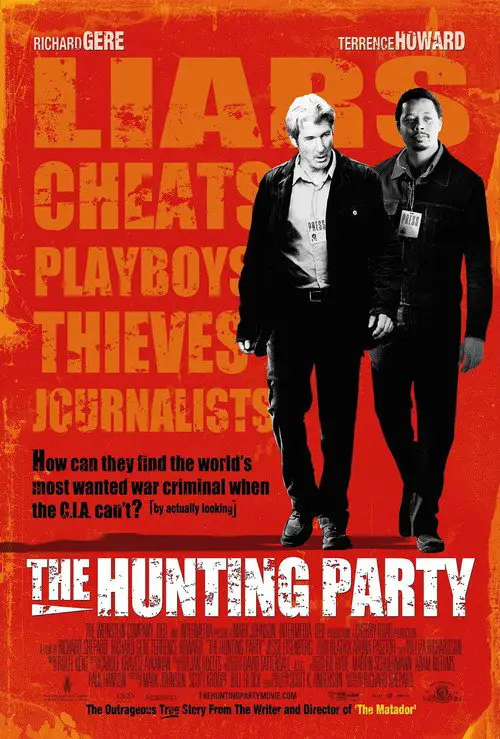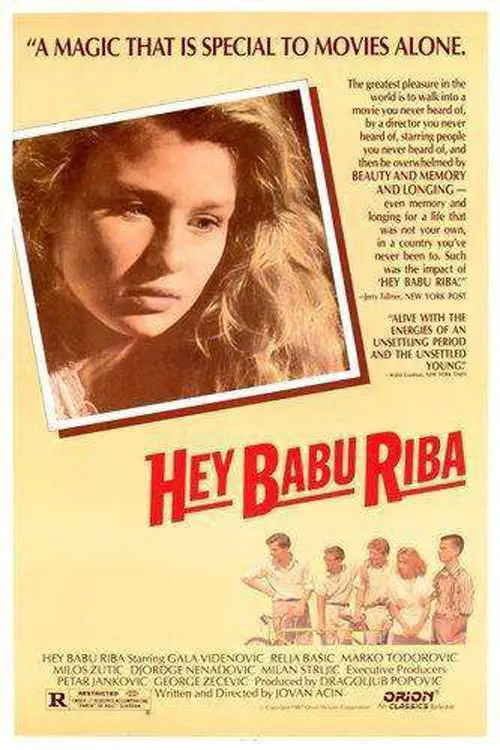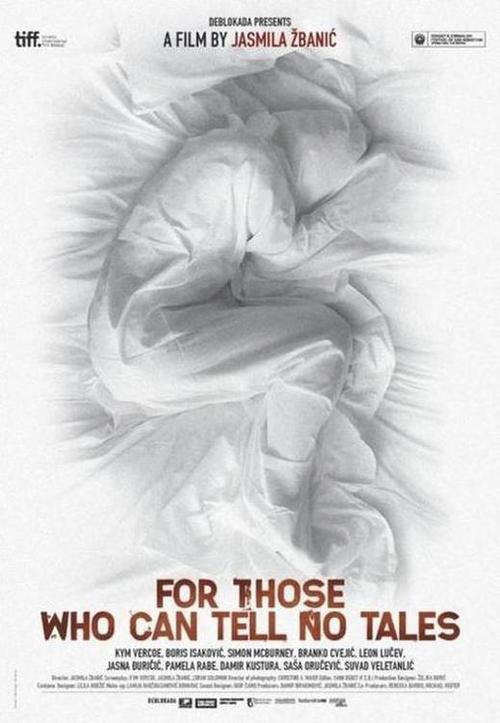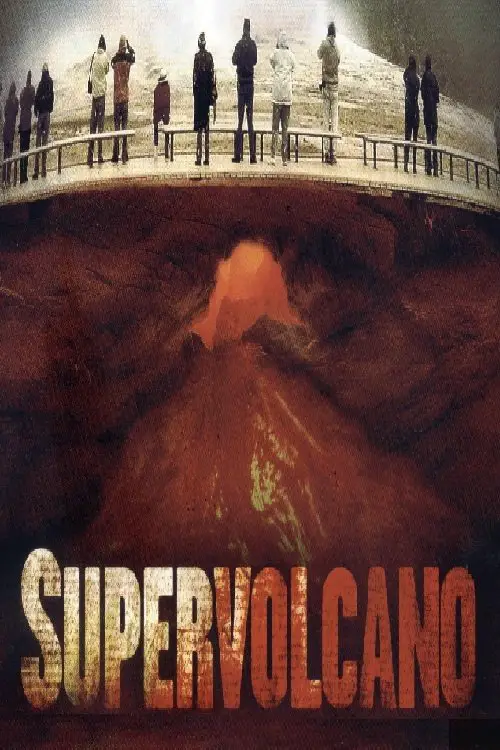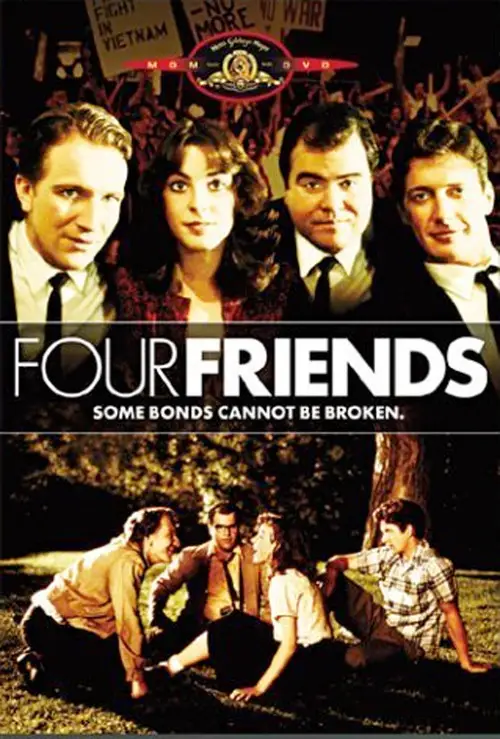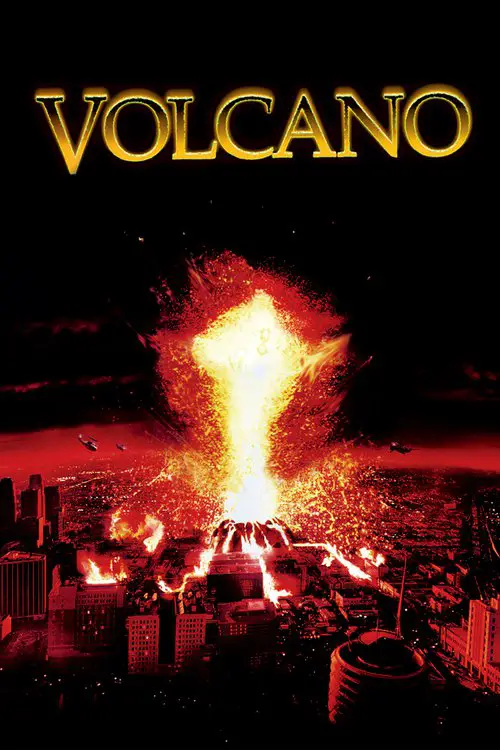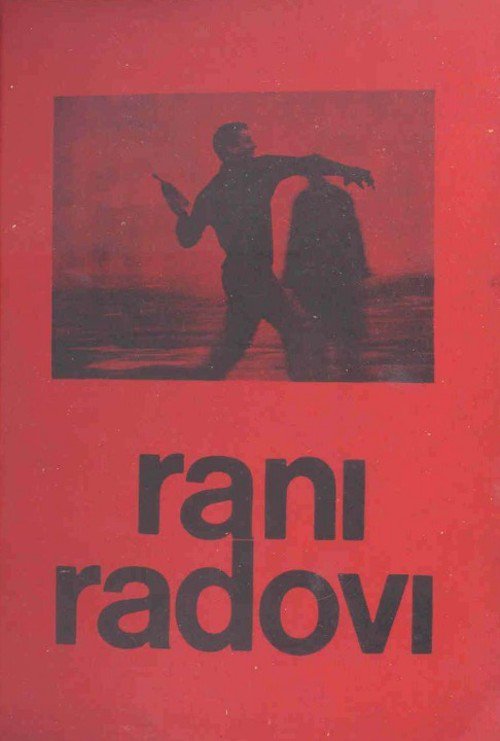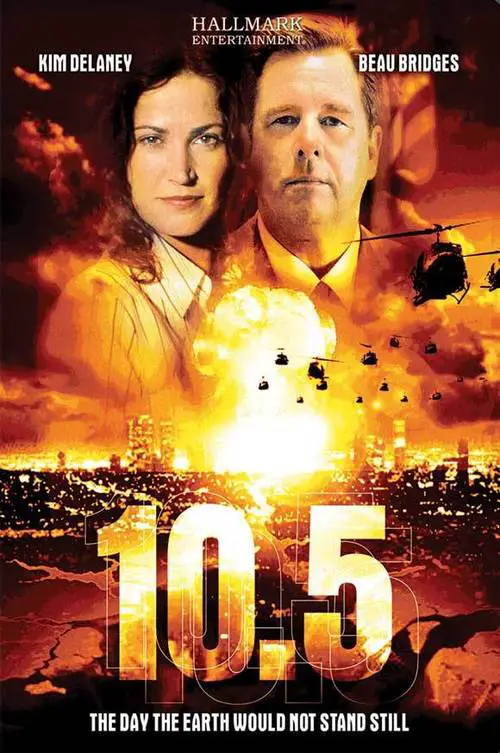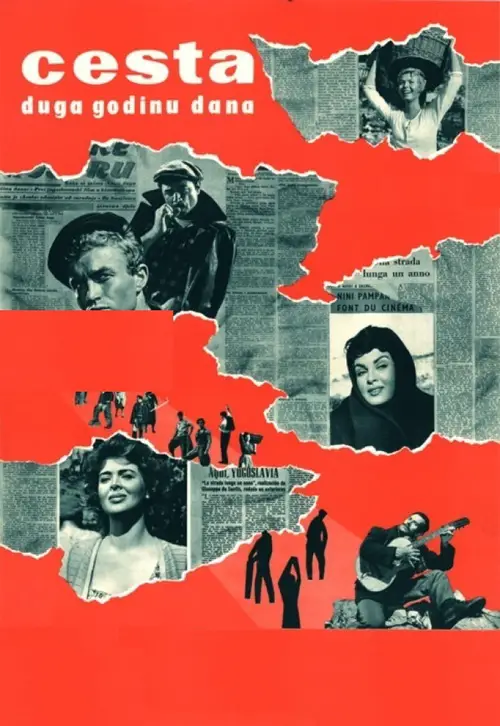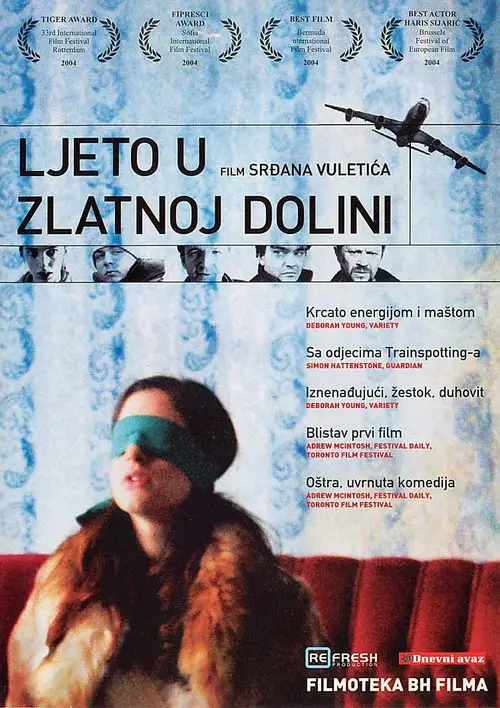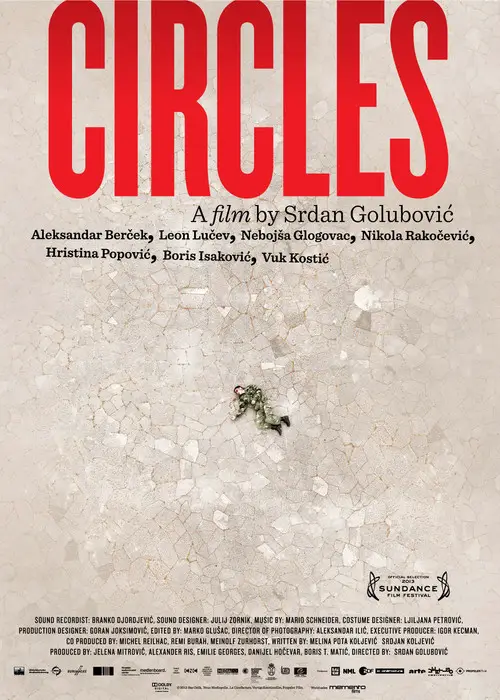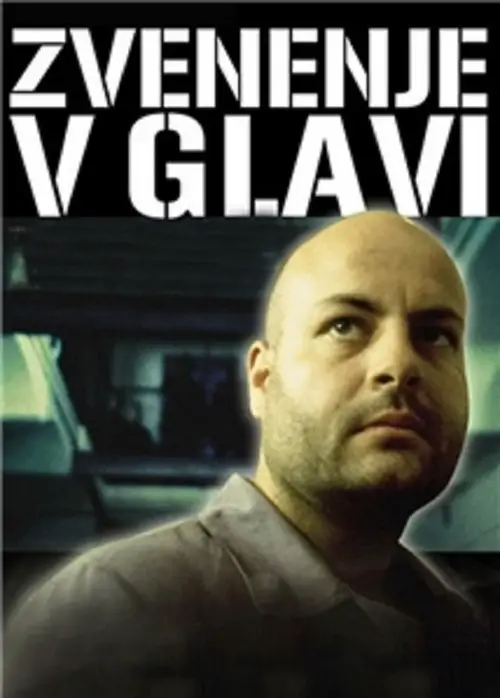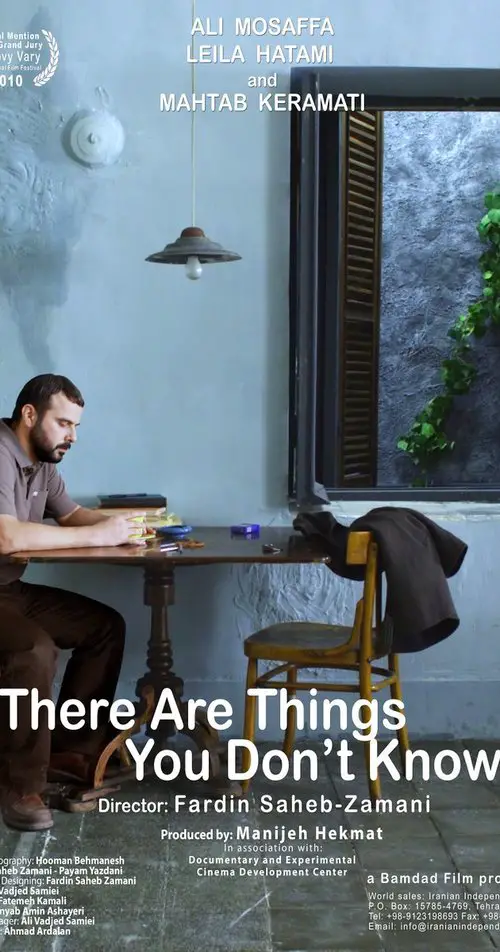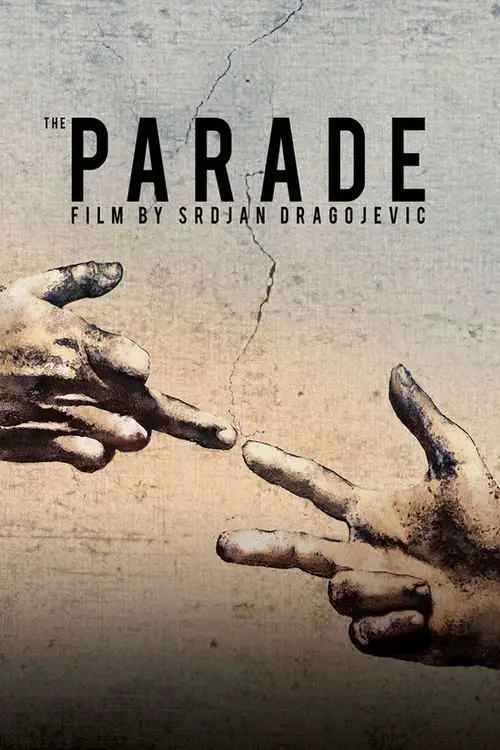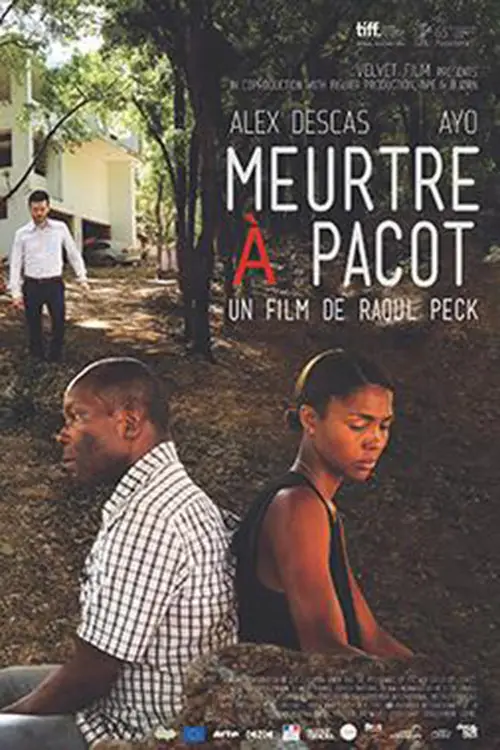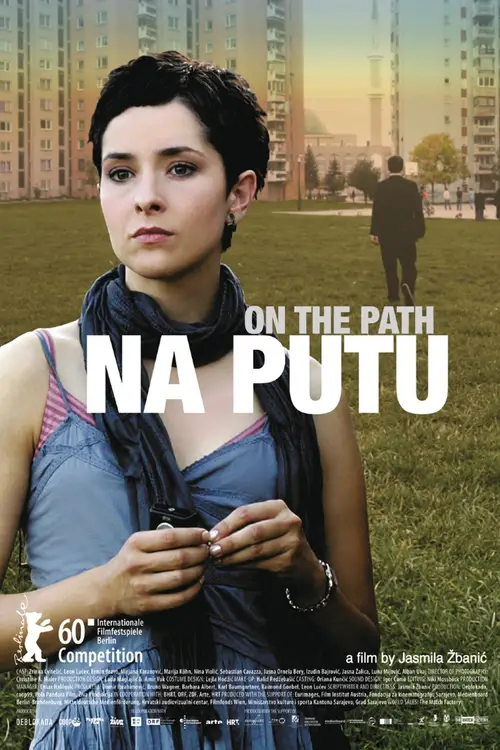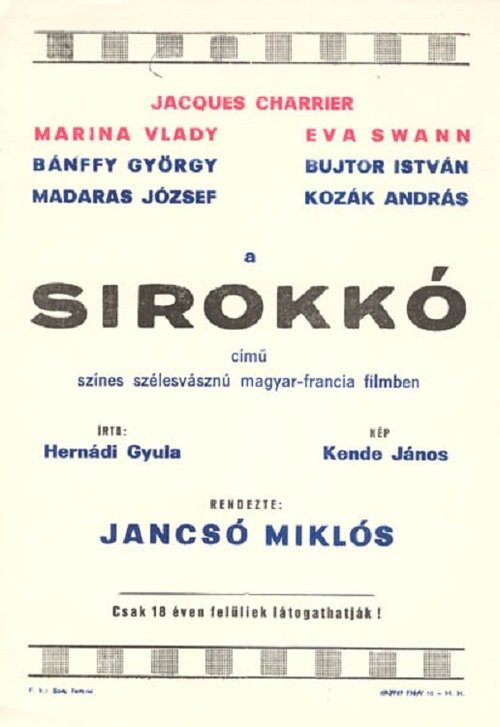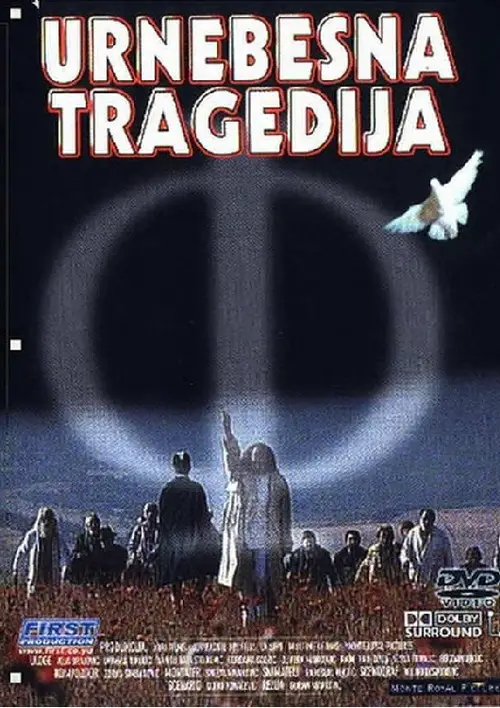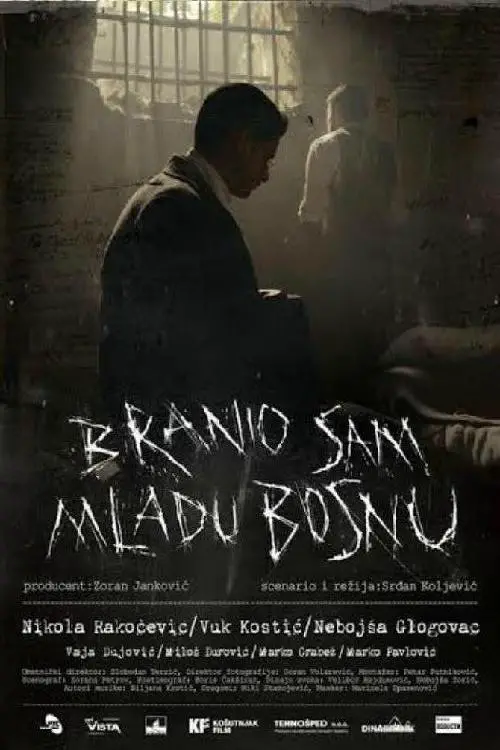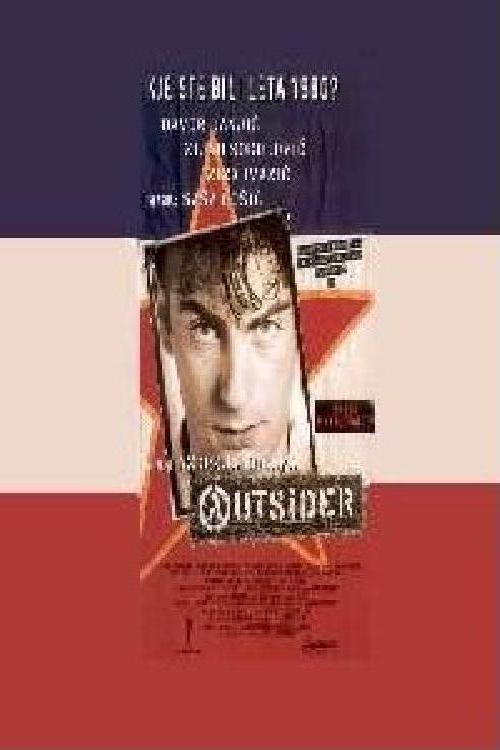A Day Longer Than a Year (1971)
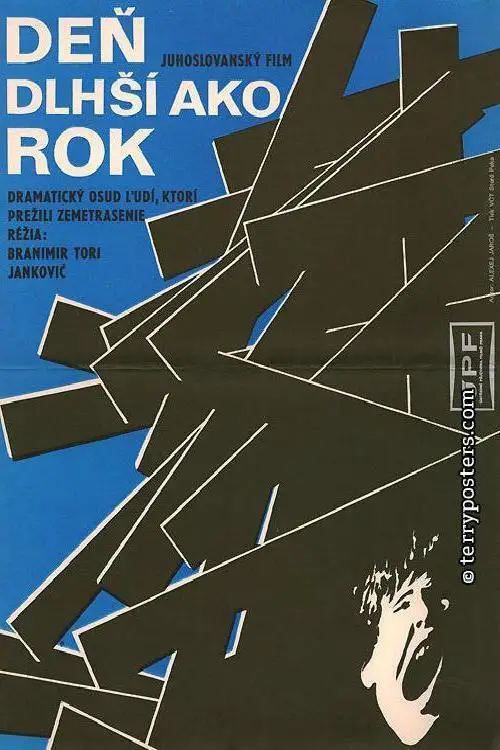
Similar movies
The movie takes place in the early 18th century on the borders between Bosnia and Dalmatia, the crossroad between the Ottoman Empire and the Republic of Venice. It deals with issues relating to the region's native Croats as they struggle between to live between two empires and two faiths: Catholicism and Islam.
Follow a group of international journalists into the heart of the once cosmopolitan city of Sarajevoânow a danger zone of sniper and mortar attacks where residents still live. While reporting on an American aid worker whoâs trying to get children out of the country, a British correspondent decides to take an orphaned girl home to London.
The Wind Rises is the 11th animated theatrical film directed by Hayao Miyazaki at Studio Ghibli. Based on Miyazakiâs own manga and the 1937 short novel of the same name by Tatsuo Hori, this is the story of JirÅ Horikoshi, the aircraft engineer most remembered for his design work on the Mitsubishi A6M Reisen âZeroâ, Japanâs famous World War II fighter aircraft. During the WWII years, the Miyazaki family business manufactured aircraft parts, including the windshields and rudders used on the Zero.
It is the year 33 of the Vulgar Era. The Emperor Tiberius is troubled by strange phenomena, an earthquake and the sky turning black as an eclipse. His astrologers give him fair warning: their omens indicate that the world is in the throes of a great upheaval and that old gods have been annihilated. A new kingdom is about to rise in the East. The Emperor calls Tito Valerio Tauro, the most prominent
The Weight of Chains is a Canadian documentary film that takes a critical look at the role that the US, NATO and the EU played in the tragic breakup of a once peaceful and prosperous European state - Yugoslavia. The film, bursting with rare stock footage never before seen by Western audiences, is a creative first-hand look at why the West intervened in the Yugoslav conflict, with an impressive roster of interviews with academics, diplomats, media personalities and ordinary citizens of the former Yugoslav republics. This film also presents positive stories from the Yugoslav wars - people helping each other regardless of their ethnic background, stories of bravery and self-sacrifice.
Pretty Village, Pretty Flame (Serbian: Lepa sela lepo gore) is a 1996 Serbian film directed by Srdan Dragojevic that gave uniquely bleak yet darkly humorous account of the Bosnian War. It is considered a modern classic of Serbian cinema.[citation needed] Almost 800,000 people went to see the movie in cinemas across Serbia. This equates to approximately 8% of the total country's population at the time of the film's release. The plot, inspired by real life events that took place in the opening stages of the Bosnian War, tells a story about small group of Serbian soldiers trapped in a tunnel by a Muslim force. The film's screenplay is based on an article written by Vanja Bulic for Duga magazine about the actual event. Through flashbacks that describe the pre-war lives of each trapped soldier, the film describes life in former Yugoslavia and tries to give a view as to why former neighbours and friends turned on each other.
At a small border-post on the Yugoslav-Albanian border, yet another generation of soldiers suffering the usual amount of boredom awaits the end of their service, counting days to the moment when they should take their uniforms off for good. It is the spring of 1987 and the thought never even crosses their mind that they would, in fact, put them back on quite soon and go to war.
In the nineties the Yugoslavia Federation falls apart in bloody wars. Perpetual student Milan, a Serb from a patriarchal community and Kenan, a Muslim cellist, are a homosexual couple living in Sarajevo. Their lives, intimate and public, are shaken up by the aggression in Bosnia and Herzegovina, whose devastating consequences unfold in inter-ethnic hatred. Trapped in Sarajevo during the siege of the Serb forces, the lovers manage to flee to Milan's home village and there they take shelter, waiting for Milan's father, Ljubo, to find a way to the Netherlands. Witnessing the brutality of Serb forces and their hatred towards Muslims, Milan desperately improvises: he disguises Kenan as a woman and begins to present him as his wife, Milena, a secret discovered by Milan's best friend, Lunja. Milan is drafted into the army and the situation becomes almost unbearable for Kenan. His one companion, is Ranka, a waitress in a local café, a woman whose dark secrets terrify most of the villagers ...
Earthquake is a 1974 American disaster film that achieved huge box-office success, continuing the disaster film genre of the 1970s where recognizable all-star casts attempt to survive life or death situations. The plot concerns the struggle for survival after a catastrophic earthquake destroys most of the city of Los Angeles, California.
New York, the city that never sleeps, is trapped in a nightmare of horror and destruction when a massive earthquake rocks the unsuspecting city. Countless lives are lost, families are torn apart, and chaos runs rampant as the mayor and former Fire Chief race to enact a city-wide emergency plan. An incredible story of undying courage in the face of unimaginable human tragedy.
Based on the experiences of Nebraska cop Kathryn Bolkovac (Rachel Weisz) who discovers a deadly sex trafficking ring while serving as a U.N. peacekeeper in post-war Bosnia. Risking her own life to save the lives of others, she uncovers an international conspiracy that is determined to stop her, no matter the cost.
A detachment of the Polish IFOR forces in Bosnia is led by Major Keller, who is being investigated for insubordination during a patrol in Srebrenica. The investigation is to be led by two arriving officers - Lieutenant Czacki and Major Kusz who will also replace Keller as CO. When the camp's RTO receives a communication from a downed Norwegian chopper, Keller ignores his standing orders and leads a platoon to rescue the crew.
A dense film that cuts up footage of a primary plot of two young Yugoslavian girls, one a politico and the other a sexpot, and an affair with a visiting Russian skater. Mixing metaphors of Russia's relationship with Yugoslavia, intercut with footage and interviews with Wilhelm Reich and Al Goldstein of Screw magazine. The film applies Reich's theories of Orgone energy and analogies of Stalinism as a form of Freudian sexual repression. Also known as W.R. The Mysteries of the Organism in English subtitled version. Was banned in Yugoslavia shortly after it was made.
After the earthquake of Guilan, the film director and his son, Puya, travel to the devastated area to search for the actors of the movie the director made there a few years ago, Khane-ye Doust Kodjast? (1987). In their search, they found how people who had lost everything in the earthquake still have hope and try to live life to the fullest.
Family Susic lives everyday Bosnian story. Father Muhamed (63) is employed in a reputable company; mother Marija (60) is retired. Son Sasa (35), who spent the war in Army of Bosnia and Herzegovina, lives with his parents, while their daughter Senada (40) lives in Slovenia. Their life begins to fall apart because of father's dissatisfaction after his company is sold on the stock exchange, Sasa's negligent attitude towards work and family, Marija's breast cancer diagnose. When problems begin to line up Muhamed and Sasa realize that actually only family is important, that it is man's last oasis
After a series of small tremors in Los Angeles, Dr. Clare Winslow, a local seismologist, pinpoints the exact location and time of when the long awaited earthquake--"The Big One"--will strike southern California. With this information, she must battle city officials to release this information to the general public. Also, she hopes that her family is out of harms way when the quake strikes. Subplots show how other families and people cope with the the tremors that strike before the impending "Big One."
Harrison Lloyd is a Pulitzer-winning photojournalist. His wife and family are making it hard for him to keep his mind on his work when he's in a war zone, and he wants to change jobs to something less stressful. But he's got one last assignment, in war-torn Yugoslavia, in 1991, at the height of the fighting. Word comes back that he apparently died in a building collapse, but his wife Sarah (also a journalist for Newsweek) refuses to believe that he's dead and goes looking for him. She's helped immensely by the photo-journalists Eric Kyle and Marc Stevenson that she runs into over there; together, they're determined to make it through the chaotic landscape to Vukovar, which is not only the nexus of the war but where she believes Harrison is located. Meanwhile, Harrison's son Cesar is looking after his father's prized greenhouse, keeping hope, and flowers, alive.
Fuke visits his uncle Idriz and aunt Sabira to fix a broken boiler. He soon finds out there's a lot more that needs to be repaired. Idriz and Sabira aren't ready to accept the loss of their only son in the Balkan war, seven years earlier. When Fuke's car refuses to start, Fuke has to stay over in their house. He meets a lot of old friends and neighbors there.
In this melodramatic tale, the well-made plans of a career-obsessed woman are derailed when she sets her sights on a young man who is plainly not very interested in her. In the story, Katherina is an ambitious reporter for German television, and her Yugoslavian family background makes her a natural to cover stories in that country. While preparing a story on children with dual nationalities, she encounters Peter, a German lad who is researching his father's war record to see if he was guilty or innocent of war crimes. She brings Peter to see her family, and later her wooing efforts finally seem to bring her some promise of a relationship.
While flying a routine reconnaissance mission over Bosnia, fighter pilot Chris Burnett photographs something he wasn't supposed to see and gets shot down behind enemy lines, where he must outrun an army led by a ruthless Serbian general. With time running out and a deadly tracker on his trail, Burnett's commanding officer decides to risk his career and launch a renegade rescue mission to save his life.
An emerging journalist (Jesse Eisenberg), an experienced cameraman (Terrence Howard), and a discredited reporter (Richard Gere) find their bold plan to capture Bosnia's top war criminal quickly spiraling out of control when a UN representative mistakes them for a CIA hit squad in a light-hearted thriller inspired by Scott Anderson's popular Esquire article. The Weinstein Company provides stateside
In America it frequently shows under the title Hey Babu Riba. In 1985, four middle-aged Yugoslav emigres return to Belgrade for the funeral of Mariana, their beautiful compatriot. They called her Esther, for Esther Williams, she was the coxswain for their four-man rowing team, and they each loved her. They'd last seen her in 1953, when they rowed her across the Adriatic, pregnant, to join her exiled father in Italy. In flashbacks we learn the story of their youthful baptism into sex, smoking, rock and roll (Hey Ba-ba-re-bop), Hollywood and Swedish films, blue jeans on the black market, and their rivalry with Ristic, the Communist Party youth leader for whom they had instant antipathy.
Kym, an Australian tourist, decides to travel to Bosnia. Her guidebook leads her to Višegrad, a small town steeped in history, on the border of Bosnia and Serbia. After a night of insomnia in the 'romantic' Hotel Vilina Vlas, Kym discovers what happened there during the war. She can no longer be an ordinary tourist and her life will never be the same again.
Yellowstone is a park, but it's also the deadliest volcano on Earth. Beneath it, a sleeping 'dragon' is stirring. When an earthquake opens a crack for magma to seep through, other warning signs of an eruption start popping up, but they are ignored or dismissed as 'minor'. But when they learn an eruption will happen, panic breaks out through people of the USA and the world.
Also known as Moritorium and Georgia's Friends, Four Friends follows the titular quartet from high school to young adulthood. The film is set during the tumultuous 1960s, an era when everyone's values were turned inside out, shaken around, and reassembled. The central character is first-generation American Craig Wasson, who confounds his Yugoslavian father (Miklos Simon) by pursuing his own let-it-all-hang-out lifestyle. Wasson's best friends are athlete Jim Metzler and chubby Michael Huddleston; all pursue the affections of bewitching Jodi Thelan. Though they are obviously deeply in love with one another, Wasson and Thelan continue to foolishly avoid a long-term commitment as the sixties unfold around them. Four Friends calls for a fresher approach than the one offered by director Arthur Penn, whose handling of the material is much too pat and old-fashioned.
An earthquake shatters a peaceful Los Angeles morning and opens a fissure deep into the earth, causing lava to start bubbling up. As a volcano begins forming in the La Brea Tar Pits, the director of the city's emergency management service, Mike Roark, working with geologist Amy Barnes, must then use every resource in the city to try and stop the volcano from consuming Los Angeles.
Inspired by Karl Marx's "Das Kapital", three men and a girl named Jugoslava decide to wake up the conscience within the working class and peasants. Faced with the primitivism and a lack of morale, their revolution fails and the girl is one to be sacrificed as a witness of their unsuccessful attempt.
Life is a Miracle (Serbian: Život je Äudo) is a Serbian drama film. It was entered into the 2004 Cannes Film Festival. Luka has moved to Bosnia from Belgrade with his mentally unstable wife and his football-playing son, MiloÅ¡, to run a railway station and act as caretaker. Utterly engrossed in his work and blinded by natural optimism, Luka remains deaf to the increasingly persistent rumblings of war, which has broken out in Croatia and threatens to spread. When the conflict explodes, MiloÅ¡ is denied his place on the football field when he must join the Serbian army, and his wife disappears on the arm of a Hungarian musician. Eventually, he receives news that MiloÅ¡ has been taken prisoner of war. Luka considers suicide, but a profiteering acquaintance presents him with Sabaha, a Bosnian Muslim whom he has taken hostage. Luka intends to exchange Sabaha for MiloÅ¡, but the two fall in love after they are forced to flee deeper into Serb-controlled territory...
Italian director Giueseppe DeSantis was the creative force behind this Yugoslavian "slice of life" drama. The title translates as The Year-Long Road; accordingly, the plot concerns a joint, voluntary effort between Italy and Yugoslavia to construct a highway along the countries' Naturally, this animosity wreaks havoc on the various Romeo-Juliet romances in the region. All is resolved when oil is discovered on one of the islands. An American oil company is finally able to establish détente between the warring factions, smoothing the path for the long-delayed marriages of three young couples.
At the traditional Muslim funeral service for his father Fikret Varupa, sixteen year old boy from Sarajevo, learns that his father owes money to Hamid, a man he does not even know. The debt is considerable and Hamid does not want it to go to the grave with the body, so the debt automatically passes from the father to the son. Since in Bosnia this way of collecting debts, at a funeral, is considered to be utterly humiliating, it is never, ever applied. Fikret and his entire family become subjects of ridicule. Fikret, who is practically still a child, is decisive to "redeem his father's soul". Wishing to repay his father's debt and to secure the forgiveness, Fikret wanders into the real world of Sarajevo, the world that is ruled by post-war chaos, misery and poverty and becomes an ideal target for two corrupted policemen who wish to "help" him: they plant the kidnapped girl on him.
Circles (Serbian: Krugovi) is a Serbian movie based on the true story of a Serbian soldier who risked his life to protect a Muslim civilian during the war in Bosnia. During the war in Bosnia in 1993, a Serbian soldier pays for his life after protecting a Muslim civilian from being attacked by three other soldiers. 15 years later, the consequences of this act of heroism are still having their repercussions.
In Yugoslavia's Livada prison in 1970, inmates led by Keber convince reluctant authorities to let them watch the televised Olympic final basketball game between the home country and the U.S., but taunting guards interrupt the viewing and prod the prisoners to the point of a riot. After a period of a kind of blissful anarchy where the inmates taste freedom, Keber enlists the house "intellectual" Mrak to devise a system of prisoner self-government aimed at forcing reforms on the state.
The Parade, in a tragicomic way, tells the story about ongoing battle between two worlds in contemporary post-war Serbian society - the traditional, oppressive, homophobic majority and a liberal, modern and open-minded minority... The film, which deals with gay rights issues in Serbia, features footage of the 2010 Belgrade gay pride parade. The film introduces a group of gay activists, trying to organize a pride parade in Belgrade
Ivan Bibic returns to his Pittsburgh PA suburb after surviving a Japanse POW camp, causing regular nightmares. All the time he remained faithfully devoted to his childhood love, fellow ethnic Yugoslavian virgin Maria Bosic. She dates him again, thus ruining a virtual engagement to captain Al Griselli. Against Ivan's dad's advice, they get married. But Ivan became psychologically impotent, feels unworthy of her and starts wondering, even looking for another girl. Meanwhile slick guitar-and-song-busker Clarence Butts moves in to South-Western PA, and seduces Maria.
Loving young couple Luna and Amar try their best to overcome unexpected obstacles that threaten their relationship. After Amar's dramatic change in a fundamentalist community, Luna tears herself apart searching if love is truly enough to keep the couple together on the path to a lifetime of happiness...
Black marketeers Marko (Miki Manojlovic) and Blacky (Lazar Ristovski) manufacture and sell weapons to the Communist resistance in WWII Belgrade, living the good life along the way. Marko's surreal duplicity propels him up the ranks of the Communist Party, and he eventually abandons Blacky and steals his girlfriend. After a lengthy stay in a below-ground shelter, the couple reemerges during the Yugoslavian Civil War of the 1990s as Marko realizes that the situation is ripe for exploitation.
The horrors of war are examined from the view points of lifelong friends (Linus Roache, Vincent Perez), who end up on opposing sides in the civil war in Sarajevo. One is an expert marksman, who trains the snipers used to terrify the city and the other becomes a freedom fighter, who rejects his friend's offer to gain an escape from the city. As might be expected, the two eventually have to face-off against one another.
In a way of protesting for inhuman living conditions and the shortage of medications caused by the disintegration of Yugoslavia and its sanctions, a doctor in a hospital decides to close his clinic for mental illness. His wish is to return the patients to their homes or give them to someone who is willing to accept them temporarily.
A young British girl born and reared in India loses her neglectful parents in an earthquake. She is returned to England to live at her uncle's castle. Her uncle is very distant due to the loss of his wife ten years before. Neglected once again, she begins exploring the estate and discovers a garden that has been locked and neglected. Aided by one of the servants' boys, she begins restoring the garden, and eventually discovers some other secrets of the manor.
© Valossa 2015–2026
| Privacy Policy



